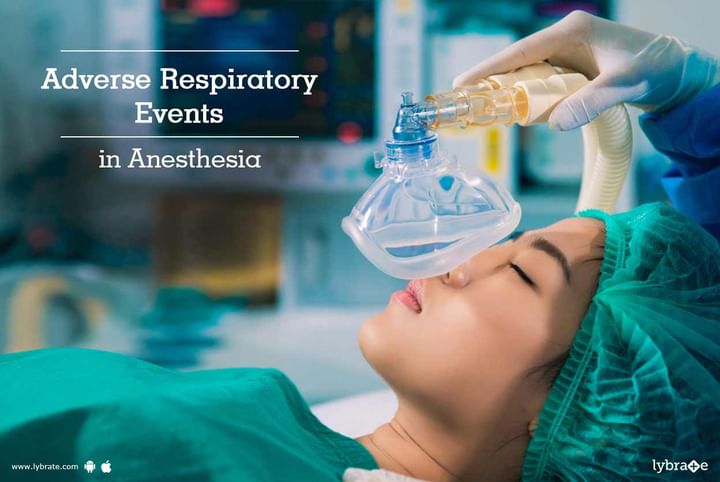Adverse Respiratory Events in Anesthesia
Adverse respiratory events (AREs) are leading causes of post-operative morbidity and mortality. Anesthesia is the use of medicine to prevent or reduce the feeling of pain or sensation during surgery or other painful procedures (such as getting stitches). Giving as an injection or through inhaled gases or vapours, different types of anesthesia affect the nervous system in various ways by blocking nerve impulses and, therefore, pain.
Anesthesia can help control your breathing, blood pressure, blood flow, and heart rate. It may be used to:
- Relax you,
- Block pain,
- Make you sleepy or forgetful,
- Make you unconscious for your surgery.
Adverse Respiratory Events (ARE)
Adverse outcomes of such events are fatal and lead to Death & Brain Damage. Three mechanisms of injury are reported to account for highest adverse respiratory events:
Inadequate Ventilation: Insufficient Gas Exchange can produce the adverse outcome. Esophageal Intubation: Incubation between the two sides of the esophagus inadvertently.
Difficult tracheal intubation: Tracheal Intubation is the placement of a flexible plastic tube into the trachea (windpipe) to maintain an open airway. It is performed facilitate ventilation of lungs in severely ill, anesthetized patients.
Other’s are as listed below:
- Airway Obstruction
- Inadequate inspired oxygen delivery
- Aspiration
- Endobronchial Intubation
- Premature Extubation
Residual neuromuscular blockade is an important postoperative complication associated to the use of neuromuscular blocking drugs and is commonly observed in the post-anesthesia care unit (PACU) after non-depolarizing neuromuscular blocking agents (NMBAs) are administered intra-operatively. Incomplete neuromuscular recovery can be minimized with acceleromyography monitoring. The risk of adverse respiratory events during early recovery from anesthesia can be reduced by intra-operative acceleromyography use.
Reintubation is a serious adverse respiratory event and the consequences include increased cardiac and respiratory complications, prolonged length of stay at the PACU, intensive care unit (ICU) and hospital, prolonged mechanical ventilator support, higher costs, and increased mortality. Overweight and obesity have also been identified as risk factors for postoperative respiratory complications. Most adverse respiratory events are considered preventable with improved monitoring such as:
- Pulse Oximetry
- Capnometry
- Combination of Both
Closed observation of the clinical factors and appropriate monitoring by well trained people are factors necessary to prevent adverse outcome. If you wish to discuss about any specific problem, you can consult a general surgeon.



+1.svg)
